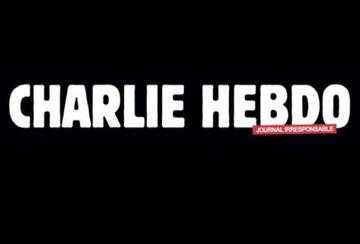
The report looks at Balkan countries' reactions to the attacks against the French journalists
Link: MCOnline
The attacks against the French journalists stirred vivid emotions and considerable reactions, without, however, increasing the Islamophobia in the region. The debates failed to critically tackle the role and limits of the freedom of expression in relation to the freedom of religion. Apparently, the freedom of expression has fewer and fewer supporters even among the media professionals. These are the main conclusions of the report The Charlie Hebdo Effect in the Balkans. The study is based on national reports prepared by media experts in Albania, Bosnia-Herzegovina, Bulgaria, Macedonia, Montenegro, and Serbia.
The report is available here.
The report – the first in a series of six dedicated to freedom of expression in the region – is part of the program South East European Partnership for Media Development, implemented by a consortium of media organizations from Albania, Bosnia-Herzegovina, Macedonia, Montenegro, Serbia, Bulgaria, and Romania. Media professionals from Kosovo and Turkey will also be involved. The project, co-financed by the European Commission, the Civil Society Facility, Media Freedom and Accountability Programme, addresses three main topics: labour conditions for journalists, media education (both for journalists and the public) and freedom of expression at large and is going to be conducted until 2017.
This publication has been produced within the project European Centre for Press and Media Freedom, co-funded by the European Commission. The contents of this publication are the sole responsibility of Osservatorio Balcani e Caucaso and its partners and can in no way be taken to reflect the views of the European Union. The project's page

 The Charlie Hebdo Effect in the Balkans
The Charlie Hebdo Effect in the Balkans




 All the contents on the Osservatorio Balcani e Caucaso website are distributed with a
All the contents on the Osservatorio Balcani e Caucaso website are distributed with a 